The Herb Garden
An enchanting, spiritual journey through the healing powers of herbs.

The human race has for generations depended on the healing powers of herbs. Without plants, many medicines and treatments would not now exist. When the African ancestors arrived in the United States, they developed trusting, open relationships with the Native Americans. They joined their knowledge and traditions and flourished from the gift of understanding of the powers of the native plants.
Paris Ajana, in her book "The little book of Rootwork", helps us realize the hidden potential of plants as herbs. There are spiritual messages along the way for those who believe in the deeper meanings of roots and herbs.
"In rootwork, we honor plants and work with their energy and individual spirits to assist us with rituals and spells. They draw in and attract new love, thus dispelling unwanted energies from our homes. Each plant has a specific power, and you can depend on using plants to increase strength and connect to a higher level of intent". Ajana points out.
We must honor the plants by offerings, prayers and respect. These offerings may vary in the form of fresh and natural fertilizer, ground coffee or crushed washed eggshells to help the plant to grow in abundance. Keep your plants healthy just as you would yourself.
Liquor, such as rum or tobacco smoke are common traditional offerings in rootwork. Liquor or rum are sprayed unto the plant, or you can 'spray spit' it unto the plant. You may blow the smoke from your mouth unto plants as well. If such methods are not available, a simple prayer will suffice, it will help you to connect to the energy of the plant. Take time to connect with this energy daily. Place your hands on the plants and ask it for permission to use its energy. Nature is a partnership between the plants and the human connection.
Herbs and roots and their associations
Alfalfa

Alfalfa in your home brings prosperity, abundance and protection. Alfalfa is a perennial flowering plant. It is used in medicine for its high mineral content.
Allspice
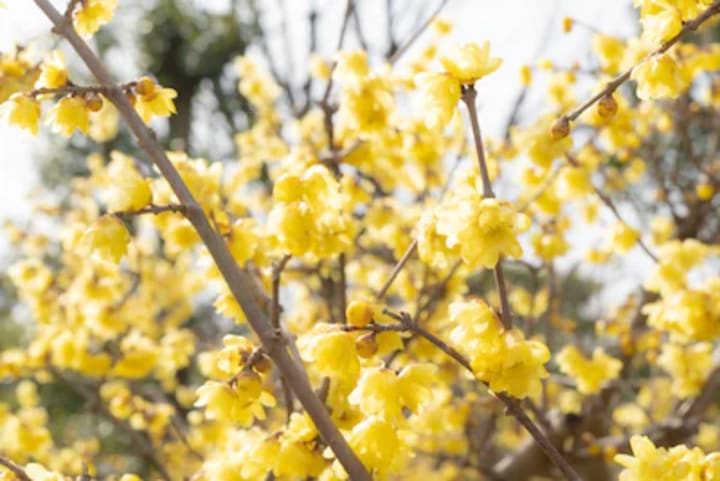
Allspice allures luck and draws healing to the user. Add allspice powder to a bath for healing and prosperity.
Allspice is one of the most important ingredients of Caribbean cuisine. Under the name pimento, it is used in Jamaican jerk seasoning, and traditionally its wood was used to smoke jerk in Jamaica. In the West Indies, an allspice liqueur is produced under the name "pimento dram". In Mexican cuisine, it is used in many dishes. It is indispensable in Middle Eastern cuisine, where it is used to flavour a variety of stews and meat dishes, as well as tomato sauce.
Anise star pod

Anise star pod, an eight-pointed star with many uses. It can be used for those who seek happiness and purification and aid in health concerns.
Star anise leaves are aromatic, and the oil which is highly fragrant is used in cooking. Anise enhances the flavor of meat.
Basil

Basil is an arsenal for many 'magickal' purposes, says Ajana. It aids in good business matters and finance. It may also help in attracting success, prosperity, the attainment of peace, harmony, happiness and love. The addition of basil leaves to everything is recommended. It is known for its aromatic flavors.
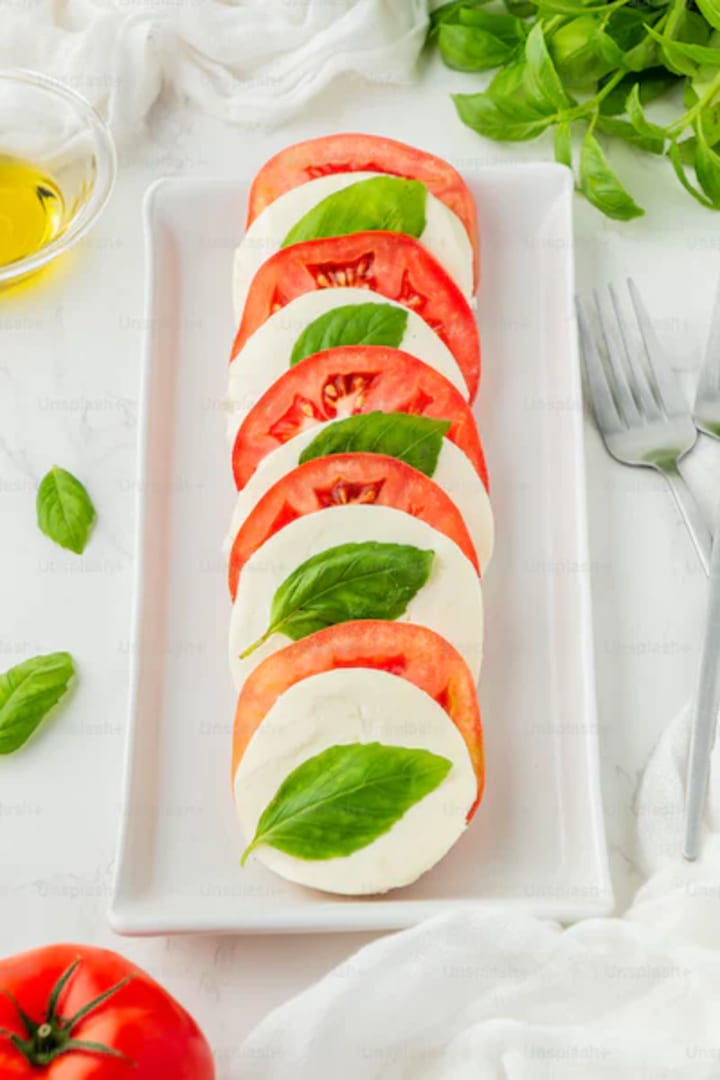
Culinary
Basil is most commonly used fresh in recipes. In general, it is added last, as cooking quickly destroys the flavor. The fresh herb can be kept for a short time in plastic bags in the refrigerator, or for a longer period in the freezer, after being blanched quickly in boiling water.
Bay Leaf (The wishing leaf)
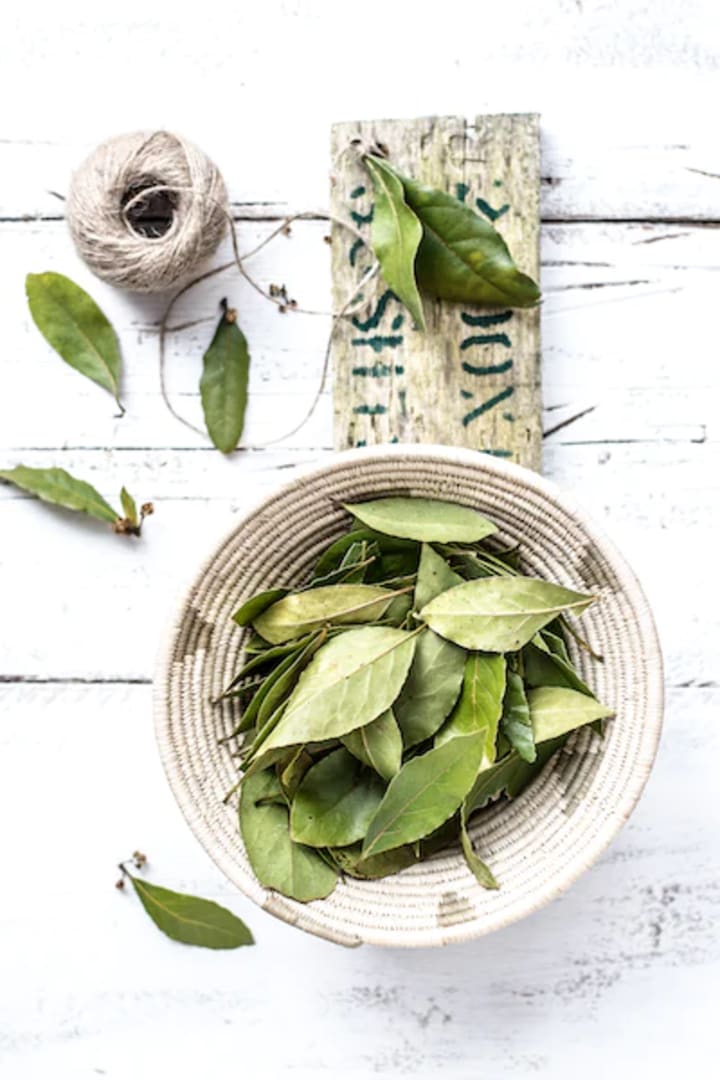
Bay leaf helps in protection from harm, to boost healing, recovery, strength and success. Bay leaf is aromatic and is a subtle addition to your dish. Add to soups, cereals and meats.
Bergamot - Increases balance and stability, encourages tranquil sleep. Add bergamot leaves or essential oil to an oil blend for balance and prosperity. It is used in perfumes and as a flavoring.
Catnit - Associated with cats. For good luck and luring in love when this herb is infused with roses.
The names catnip and catmint are derived from the intense attraction about two-thirds of cats have toward it. In addition to its uses with cats, catnip is an ingredient in some herbal teas, and is valued for its sedative and relaxant properties.
Cayenne pepper

Cayenne pepper's vibrant red color alludes to the powering of energy with an instant pungent aroma. It is believed to chase away negativity. It can be used to cleanse and purify. Merge cayenne with other herbs to expedite any process.
It is usually a moderately hot chili pepper used to flavor dishes. The fruits are generally dried and ground to make the powder and may or may not contain the seeds. Cayenne is used in cooking spicy dishes either as a powder or in its whole form. It is also used as an herbal supplement.
Chamomile

More than just a crowd favorite for tea sipping, chamomile is a gentle herb. It encourages prosperity in love, friendship and life. Chamomile supports relaxation, is a stress reliever and helps with digestive issues.
Boil water in a teapot, add a tablespoon of organic chamomile flowers. As you steep and pour a cup of chamomile tea, recite your desires and goals. Visualize your intentions and goals coming to fruition.
Chili pepper
Used to ward off ill luck and evil spells. Unlike birds which can eat any intensity of chili pepper, humans need differing blends of capsaicin, the heat factor of the peppers.
Cinnamon
Cinnamon is used to evolve and support your spirituality, it calls for the awakening of your psychic abilities as it heals and strengthens its user. It can protect and provide positive vibrations. Add cinnamon sticks to your surroundings for good vibrations.
Cinnamon is a spice obtained from the inner bark of several tree species, and is used mainly as an aromatic condiment and flavoring additive in a wide variety of cuisines, sweet and savoury dishes, breakfast cereals, snack foods, bagels, teas, hot chocolate and traditional foods. The aroma and flavor of cinnamon derive from its essential oil and principal components.
Cloves

Cloves are highly fragrant, they can also help with love, mental clarity, luck and financial abundance.
Cloves may be used to give aromatic and flavored qualities to hot beverages, often combined with other ingredients such as lemon and sugar. They are a common element in spice blends, including pumpkin pie spice and other spices.
Comfrey

For good fortune, stability and enduring energies.
Traditional medicine - The roots were used in traditional medicine internally (as herbal tea or tincture) or externally (as ointment, compresses, or alcoholic extract) for treatment of various disorders, including commonly as a treatment for reducing the pain of osteoarthritis back pains. The leaves were also thought to be edible as a vegetable, similar to spinach.
Coriander
Coriander helps to prevent headaches, illnesses and diseases.
Coriander, also known as cilantro, is an annual herb. All parts of the plant are edible, but the fresh leaves and the dried seeds are the parts most traditionally used in cooking.
Dill
Mix dill with damiana, valerian root, lavender and mugwort for an effective sleep tea. It is also a protective herb.
The fern-like leaves of dill are aromatic and are used to flavor many foods such as cured salmon and other fish dishes, borscht, and other soups, as well as pickles (where the dill flower is sometimes used). Dill is best when used fresh, as it loses its flavor rapidly if dried. However, freeze-dried dill leaves retain their flavor relatively well for a few months.
Fennel seeds

Fennel seeds are used for sexual vitality and long lasting health. They are known to be used as an herb to increase libido and overall vitality and youthfulness.
It is a highly flavorful herb used in cooking and, along with the similar-tasting anise, is one of the primary ingredients of absinthe.
Fenugreek
Fenugreek plants have strong protective energies.
Although sold as a dietary supplement, there is no clinical evidence that fenugreek has therapeutic properties. Commonly used in traditional medicine, fenugreek can increase the risk of serious adverse effects, including allergic reactions.
Five finger grass (For luck)

The seeds are edible, most notably those of fonio. They can be toasted, ground into a flour, made into porridge or fermented to make beer. Fonio has been widely used as a staple crop in parts of Africa. It also has decent nutrient qualities as a forage for cattle.
Frankincense

This is said to enhance the magical energies of blessings, protection, the ego, self control and helps with deep reflection.
Frankincense is made from the resin of the Boswellia tree which typically grows in the dry, mountainous regions of India, Africa, and the Middle East. The resin is used in incense and perfumes and has a woody, spicy smell. It can be inhaled, absorbed through the skin or taken as a supplement.

Galangal Root
Galangal are valued for their sweet spicy flavor and aromatic scent. These are used throughout Asia in curries and perfumes, and were previously used widely in Europe. They are also used as a herbal remedy.
Garlic
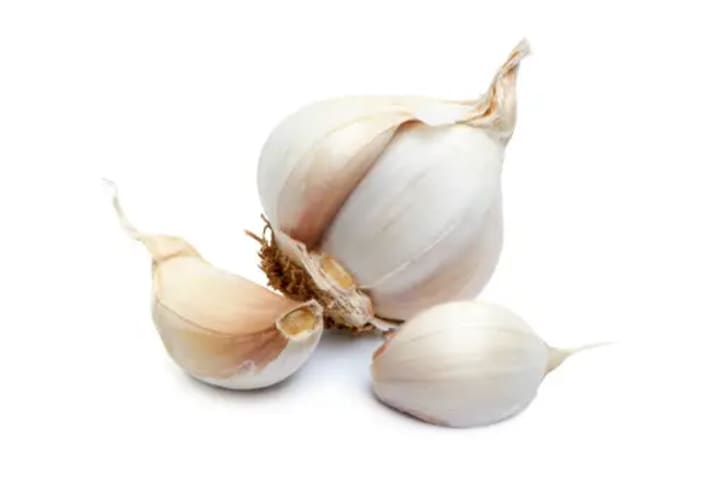
A 2016 meta-analysis of case-control and cohort studies found a moderate inverse association between garlic intake and some cancers of the upper digestive tract. Another meta-analysis found decreased rates of stomach cancer associated with garlic intake, but cited confounding factors as limitations for interpreting these studies. Further meta-analyses found similar results on the incidence of stomach cancer by consuming allium (genus or specie of plant) vegetables including garlic. A 2014 meta-analysis of observational epidemiological studies found that garlic consumption was associated with a lower risk of stomach cancer in Korean people
Ginger

Spices and fuels emotions and desires.
Ginger is a flowering plant whose rhizome, ginger root or ginger, is widely used as a spice and a folk medicine. It is a herbaceous perennial. Although used in traditional medicine and as a dietary supplement, there is no good evidence that consuming ginger or its extracts has any effect on human health or as a treatment for diseases.
High john the conquerer
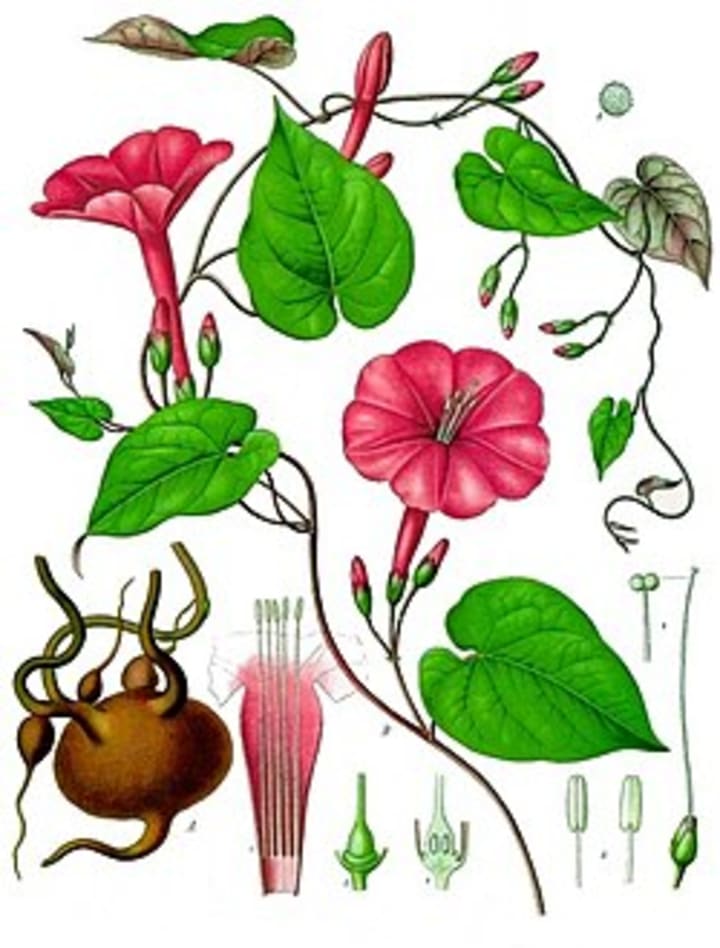
For luck, protection and success.
This is chewed much as chewing tobacco is chewed, to sweeten the breath and to calm the stomach. It is said that if you spit the juice from chewing this root onto the floor of a courtroom before the judge enters, you will win your case. (Heads up, you may get arrested).
Horseradish
Staves away negative energy and bring peace to your home.
In a 100-gram amount, prepared horseradish provides 48 calories and has high content of vitamin C with moderate content of sodium, folate and dietary fiber, while other essential nutrients are negligible in content. In a typical serving of one tablespoon (15 grams), horseradish supplies no significant nutrient content.
Horseradish contains volatile oils, notably mustard oil.
Hyssop (holy herb)
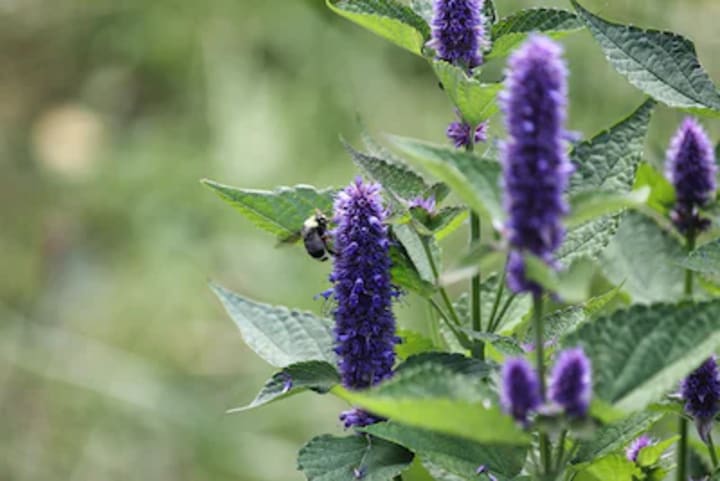
Best herb for purification and spiritual growth. Add hyssop to a spiritual bath for its cleansing and healing abilities.
The fresh herb is commonly used in cooking. Za'atar is a famous Middle Eastern herbal mixture, some versions of which include dried hyssop leaves.
In herbal medicine hyssop is believed to have soothing, expectorant, and cough suppressant properties. Hyssop has been used for centuries in traditional medicine in order to increase circulation and to treat multiple conditions such as coughing and sore throat. Hyssop can stimulate the gastrointestinal system.
Juniper berries

Used to ward off thieves and liars and to attract love.
A few North American juniper species produce a seed cone with a sweeter, less resinous flavor than those typically used as a spice. An essential oil extracted from juniper berries is used in aromatherapy, both for body massage, diffusion, and perfumery.
Lavender

In promoting healing, peace and tranquility, lavender has been known to help repair individuals who suffer from depression. This herb promotes happiness, harmony, luck, passion and protection. Add lavender buds to herb bundles along with incense for cleansing purposes.
Lavandula (common name lavender) is a genus of 47 known species of flowering plants in the mint family.
Commercially, the plant is grown mainly for the production of lavender essential oil. English lavender (Lavandula angustifolia) yields an oil with sweet overtones and can be used in balms, salves, perfumes, cosmetics, and topical applications.
Culinary use
Culinary lavender is usually English lavender, the most commonly used species in cooking. As an aromatic, it has a sweet fragrance with lemon or citrus notes. It is used as a spice or condiment in pastas, salads and dressings, and desserts. Their buds and greens are used in teas, and their buds, processed by bees, are the essential ingredient of a monofloral honey.
The potency of the lavender flowers increases with drying which necessitates more sparing use to avoid a heavy, soapy aftertaste. Chefs note to reduce by two-thirds the dry amount in recipes that call for fresh lavender buds.
Lemon balm

Helps to elevate spirits, mend broken hearts, and improve mental and nervous disorders. Add lemon balm to boiling water to create tea which relieves stress, tame anxiety and aid in restful sleep.
Linden
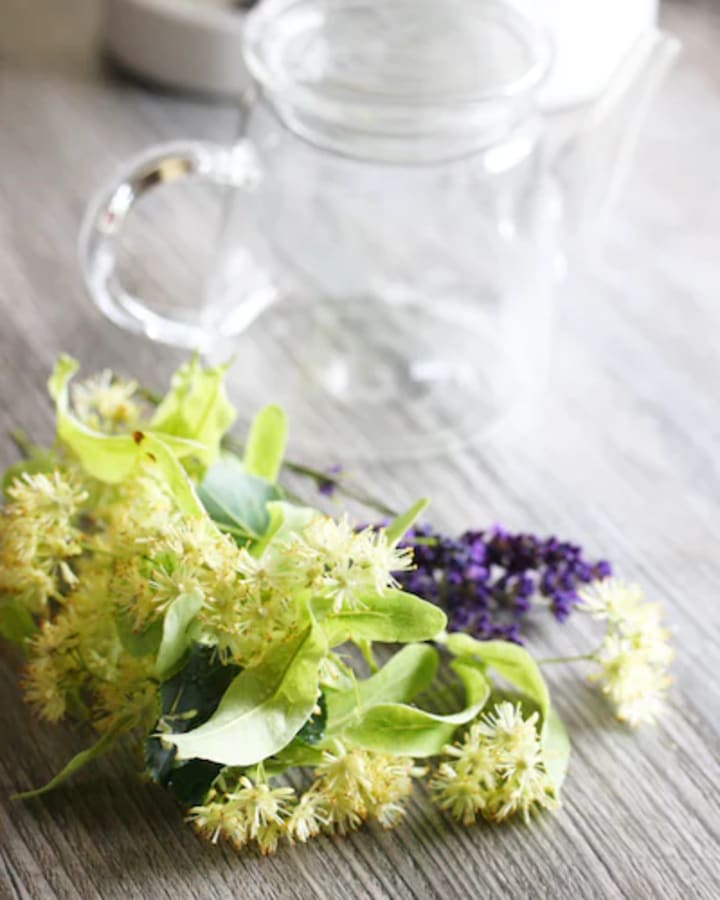
Believed to aid in peaceful slumber for those with insomnia.
The leaves are used as a herb, in teas and also as a flavouring. The plant is used to attract bees for honey production. It is grown as an ornamental plant and for its oil (to use in perfumery). Lemon balm has been cultivated at least since the 16th century.
Mandrake (The toxic screaming plant)
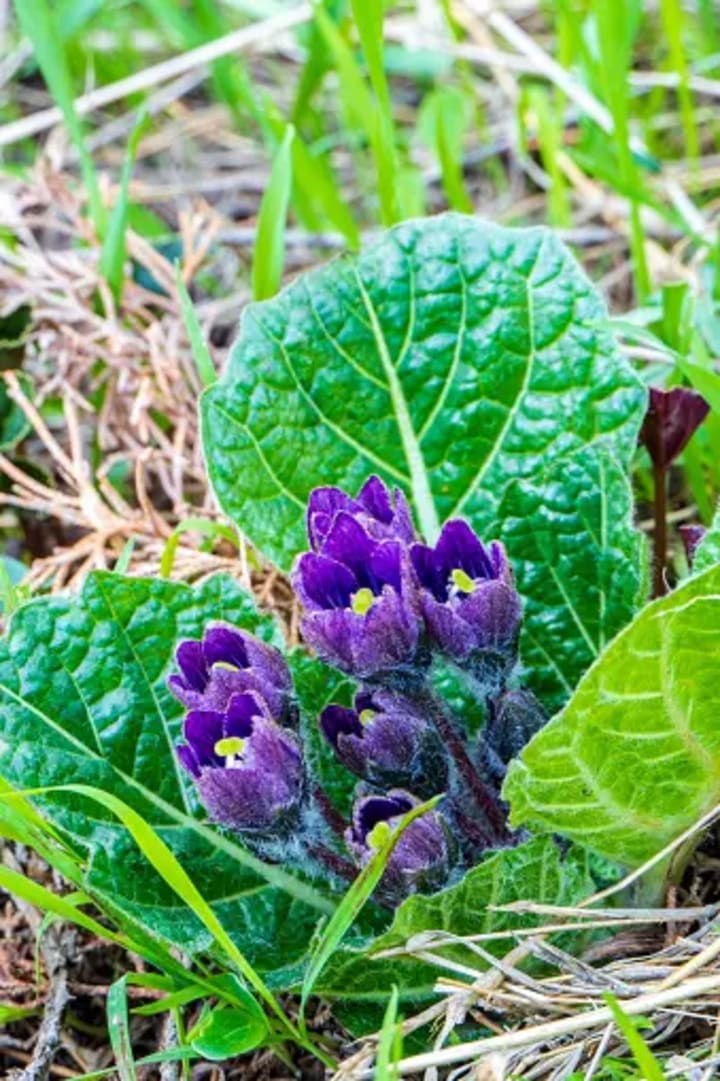
Brings prosperity, fertility, health and reveals God's honest truth.

Because mandrakes contain deliriant hallucinogenic tropane alkaloids and the shape of their roots often resembles human figures, they have been associated with magic rituals throughout history, including present-day contemporary pagan traditions such as Wicca and Odinism.
Toxicity
All species of Mandragora contain highly biologically active alkaloids, tropane alkaloids in particular. The alkaloids make the plant, in particular the root and leaves, poisonous, via anticholinergic, hallucinogenic, and hypnotic effects. Anticholinergic properties can lead to asphyxiation. Accidental poisoning is not uncommon. Ingesting mandrake root is likely to have other adverse effects such as vomiting and diarrhea. The alkaloid concentration varies between plant samples. Clinical reports of the effects of consumption of Mediterranean mandrake include severe symptoms similar to those of atropine poisoning, including blurred vision, dilation of the pupils (mydriasis), dryness of the mouth, difficulty in urinating, dizziness, headache, vomiting, blushing and a rapid heart rate (tachycardia). Hyperactivity and hallucinations occurred in the majority of patients.
Magic and witchcraft
Mandragora, from Tacuinum Sanitatis (1474).
According to the legend, when the root is dug up, it screams and kills all who hears it. Literature includes complex directions for harvesting a mandrake root in relative safety. For example, Josephus (circa 37–100 AD) of Jerusalem gives the following directions for pulling it up:
A furrow must be dug around the root until its lower part is exposed, then a dog is tied to it, after which the person tying the dog must get away. The dog then endeavours to follow him, and so easily pulls up the root, but dies suddenly instead of his master. After this, the root can be handled without fear.[11]
Excerpt from Chapter XVI, "Witchcraft and Spells", of Transcendental Magic: Its Doctrine and Ritual by nineteenth-century occultist and ceremonial magician Eliphas Levi:
Mugwort
With a similar scent to sage, this herb has a mighty connection to femininity, it encourages fertility and strong desires. Linked to visions and dreams, it can help with mental illness. Hung over your door, it repels negativity.
Mustard seeds
References courage and faith, and is worn as a good luck charm.
Myrrh
Brings peace and healing. Used for cleansing and purification. Use as incense for cleansing sacred spaces.
Nutmeg
This brings luck in the game of chance and magnifies prosperity, including love. It enhances clairvoyance and repels those not needed.
Orange peel
The stabilizer of minds. Add orange peels to floral herbs for bath. Make a tea, for luck, abundance and prosperity and elevate you spiritually.
Palo santo (holy wood)

Amplifies positive energy and powerful healing. Use for 30 seconds of meditation, then blow it out. It aids in cleansing and purification.
Parsley
It allures luck and aids in fertility. It aids in prosperity and luck, it helps to terminate misfortune as it protects. Add to warm baths for energy.
Patchouli
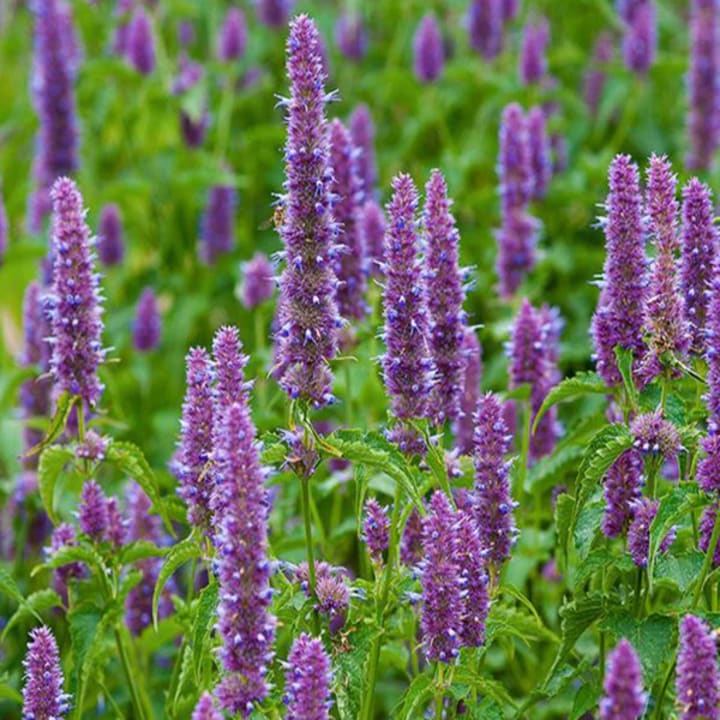
It is a magnetic force for love, assists with growth and upward mobility, and aids stability. Dress it on your candle for love and money.
Pepper (black)
Used for protection against 'magick', repel negative vibrations, jealousy, turbulence and difficulties. Add to your candles.
Peppermint

Has extremely powerful cleansing and purification properties. It aids in mental clarity, sickness and also enhances perception.
Pine
Keeps you grounded and gives support, energy and strength.
Rose

Brings good luck and romance. It brings friendships, peace, and happiness closer. Add to your bath for spiritual upliftment.
Rosemary
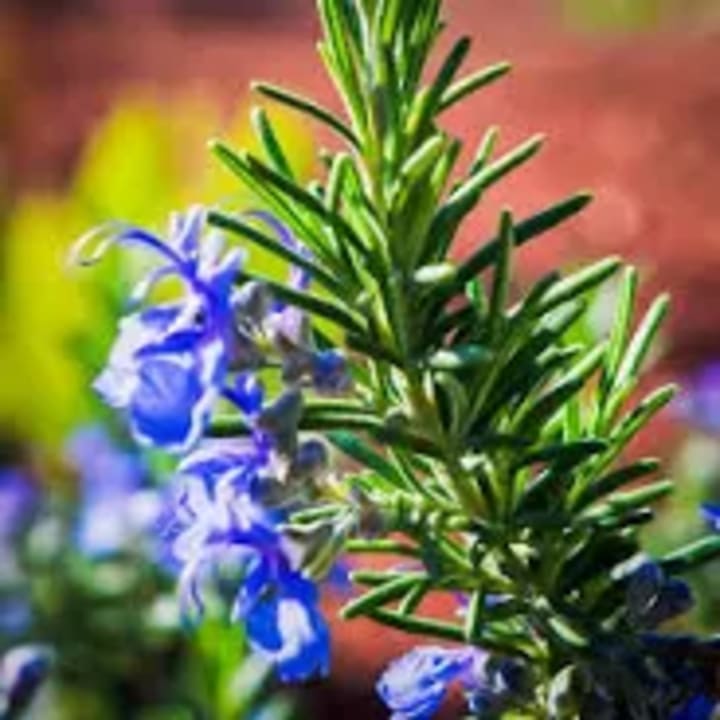
With its distinctive, inspiring aroma, it promotes healing, boosts memory, aids thoughts and fends off negativity. It brings abundance in family matters.
Sage
It enforces prosperity, nurtures and helps with stability.
Sandalwood
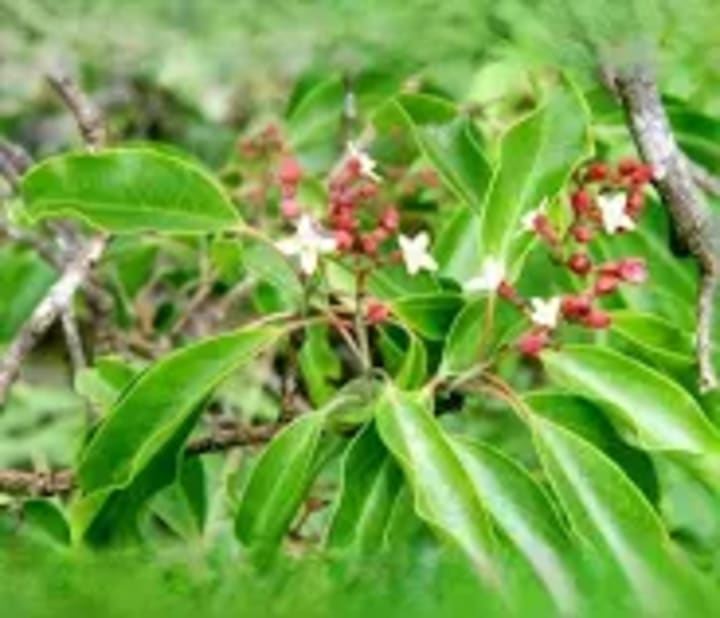
The equivalent of the minds eye and chakra.
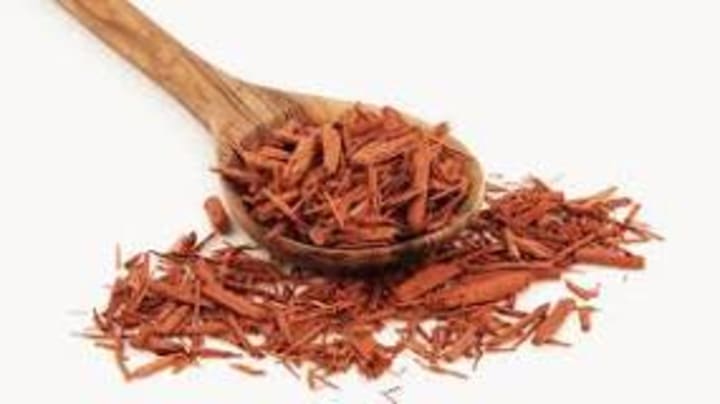
Used for strength, defense, peace and energies to heal. Also burn as incense for energy and positivity.
Sea salt
Used for grounding as it soaks up psychic energies. It represents the elements of the earth, as it is a product of Earth's ground. Use it to cleanse crystal, or around the house to ward off negative energy, on your doorstep or window, the perfect places.
Sugar
Sugar begins brown and pure, then broken down to form 'white gold', it aids with desires and struggling relationships.
Thyme
This is a magnet for love and affection. It can keep a home full of joy and peace. Thyme can be added to any food, or made as a tea to amplify positivity, and assist with tranquil sleep. Add it to your bath.
Psychic and spiritual development herbs
Anise star pods, bay leaf, cinnamon, frankincense, lavender, mugwort, rose and thyme.
Cleansing and purification herbs
Clove, galangal root, hyssop, lavender, myrrh, palo santo, peppermint and sage.
Some online companies for herbs
https://hoodoogoddess.company.site/
https://www.theflowerchildbruja.com/
https://blog.mountainroseherbs.com/
https://www.linkedin.com/company/now-foods
..............................................................................
Paris Ajana is the founder of Hoodoo Goddess LLC., and is a descendant hoodoo candlemaker. Visit her site for workshops and consultations.
>>>>>>>>>>>>>>>>>>>>>
This article is not intended to be a substitute for professional medical advice or diagnosis. Always seek the advice of your physician or other qualified health provider with any questions you may have regarding a medical condition.
<<<<<<<<<<<<<<<<<<<<<<<<<<<<<<<<<<<<<<<<<<<<<<<<<<<<<<<<<<<<
About the Creator
Novel Allen
Every new day is a blank slate. Write something new.






Comments (7)
Novel this was very fascinating and informative!! Garlic, dill, peppermint and lavender always have a place in my garden!! I had a giggle when it came to the mandrake as you included the Harry Potter reference to it too!! Very clever!! Great work!
Fascinating! 😁 I love that bay leaves are also "wishing leaves" 😁
Most of what you've listed here especially star anise, cloves, cinnamon, fennel seeds, fenugreek, mustard seeds, garlic, ginger, we use them daily in our cooking. Spices and herbs are very powerful! I'm so happy you wrote about this!
Interesting. So do you think the herbs actually have these properties or is it the intentionality in their use that produces the effect (or some combination thereof)?
Incredibly valuable and informative! This topic clearly falls within your expertise. I enjoy Chamomile tea as part of my regimen to support optimal blood pressure. Tea manufacturers must surely appreciate loyal customers like myself. Gratitude, dear author, for delivering an excellent article!
✍️ Wonderful & helpful! This is definitely one of your niches. I drink Chamomile tea to maintain healthy blood pressure. Tea companies probably love customers like me. Thank you, dear, for a great article! 💜✍️💜
Fabulous Article, Most of these I've heard of and also utilize ♥️💯✌️😉This stands firmly packed with Great Insights and Cool Remedies❗